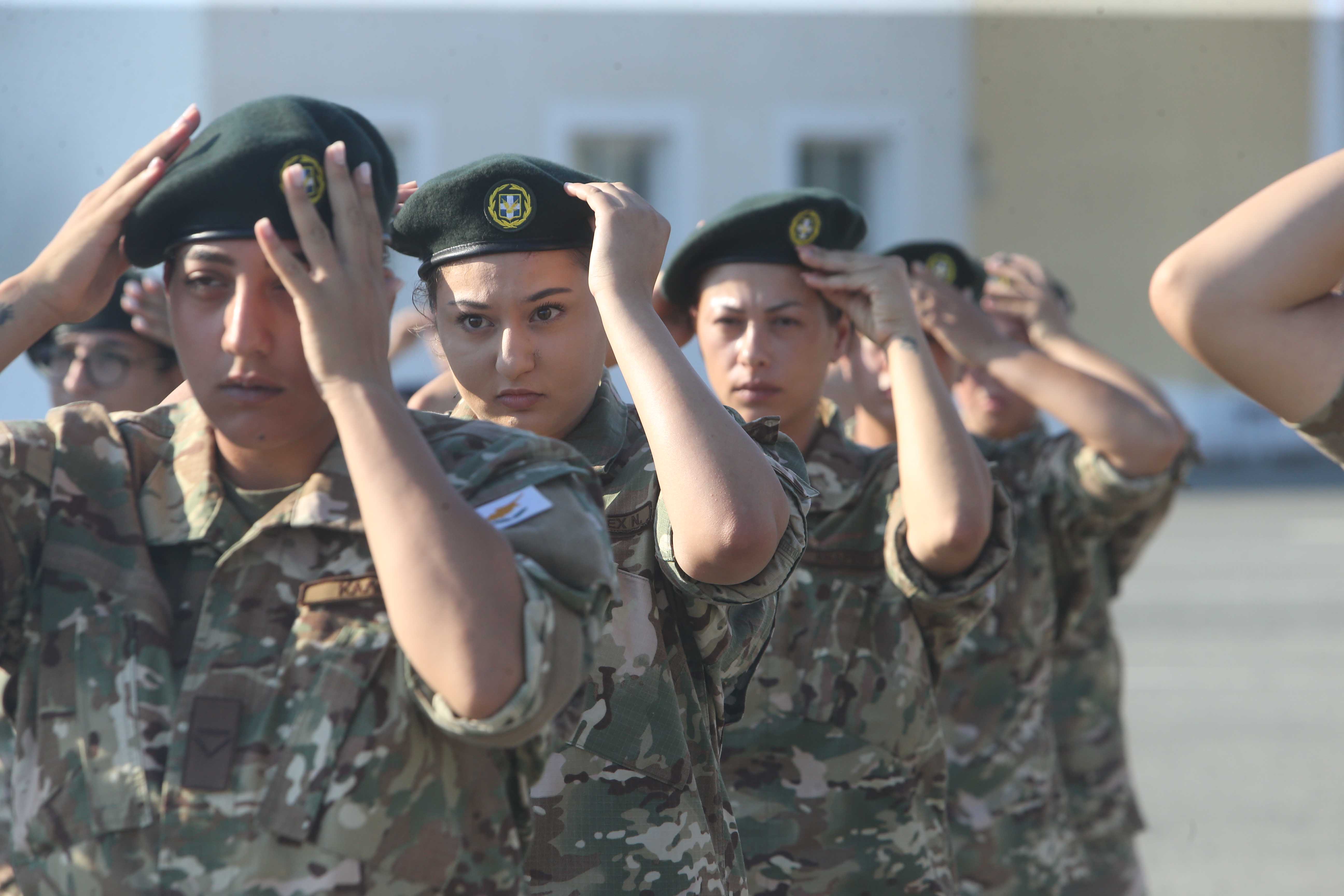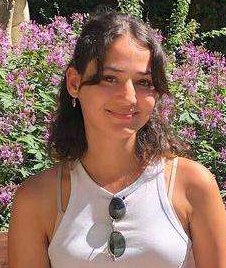The new proposal for the voluntary enlistment of girls in the national guard, announced this week, has sparked a predictable mixed reaction from would-be conscripts.
A bill for voluntary conscription of women into the national guard has been tabled in parliament after its approval by ministers this week with the first enrolment expected this September. Under the system, 18 to 26-year-old women will be allowed to volunteer for a minimum of six months and up to 14, with participation as reservists also in the works.
Women can already serve as contracted officers through legislative reform enacted in 1990.
“I would volunteer to join the military on condition that women have the same training and same opportunities as men,” said Anastasia Theodorou, a final year lyceum student.
“But if they were discriminating against women or if they were treated poorly, compared to men I would prefer not to join.”
The 17-year-old said joining the military would be a power move, even inspirational for women, as the army is so male dominated.
“It’s important for people to have the ability to protect their country, especially in times of crisis and political instability. Allowing women the same opportunities and support as men would strengthen the overall defence capabilities of the nation,” she said.
Another lyceum student, who preferred not to be named, said volunteering was not a priority but even if she did consider it, she would expect some acknowledgement of menstruation.
“If I was volunteering, I would want to have a week off during my first week of period, because the cramps can get really painful and I wouldn’t be able to cope with the intense exercise we’ll have to do,” she said.
“That doesn’t mean this should prevent women from making their dreams come true, it’s just an important factor that should be taken into consideration, if women are to be enlisted,” she said.
But on the whole, she is positive about the proposed change.
“I believe that this move is progressive for Cyprus. It strengthens gender equality. Something I’ve always believed is that war has created inequality, since men have been going to war and women were staying at home being the child carers. Thus, men were considered the strong ones and women the opposite.”
Eftychia Panayiotou, 18, remains uncertain.
“I don’t think that the Cypriot military is beneficial in its current state, since a lot of men going there don’t typically do anything,” she said.
However, she added if her time there was beneficial and well spent and in a more organised environment, she would volunteer without pay.
“I’m not so sure if this proposal would help our country, it is strongly dependent on both women’s and the military’s situation.”
The head of the Cypriot association of women’s organisations (Pogo) Skevi Koukouma tends to agree.
“It’s worrying as Cyprus is a semi-occupied island, we should consider what type of message we are sending both outside and inside of our country, in a period where efforts are taken to resolve the Cyprus problem,” Koukouma said on Thursday.
Speaking to CyBC on Thursday, Palmas said incentives are being considered to make conscription appeal to girls, such as 50 per cent off private university tuition upon the completion of their service.
Female conscripts will do the same basic training on an “equal basis” but “biological differences between the sexes” would be considered. The women would not be conscripted simultaneously with the men, he added.
As for facilities, adapting these would not be an issue as women are already present in the force he said.






Click here to change your cookie preferences